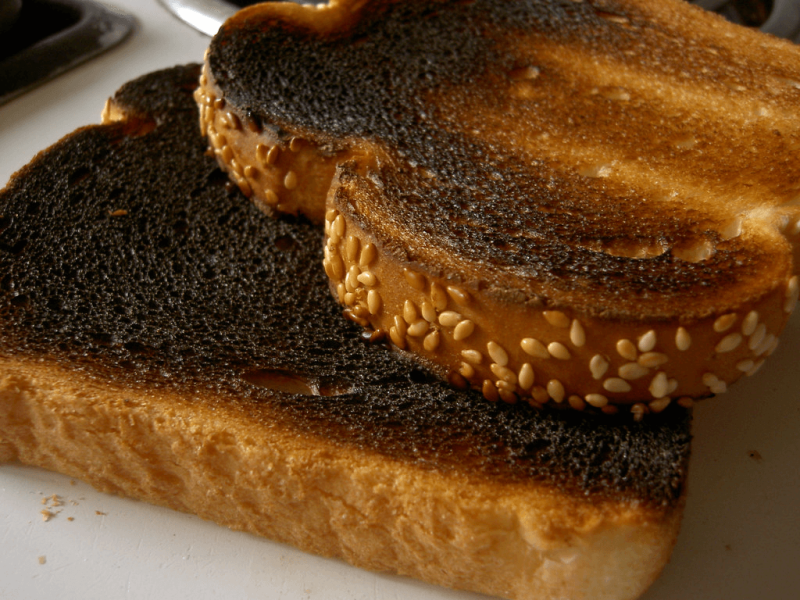A strain of gene-edited wheat that could be sold in Britain under a new law has been shown to lower significantly the risk of a cancer-linked compound when bread is baked and toasted.
Researchers at Rothamsted Research in Hertfordshire used a gene-editing technology called CRISPR to “knock out” a gene in the wheat which they hoped would lower formation of asparagine.
Asparagine is an amino acid that, when the wheat is cooked, can be converted to acrylamide, a compound known to cause cancer in animals. In the case of toast, the darker the bread is burnt the greater the risk, but acrylamide is also produced without burning.
The results of the field trial at Rothamsted, for which wheat was sowed in October 2021 and harvested in August 2022, showed that asparagine levels were almost 50 per cent lower in the gene-edited strain than in a control crop.
When the grain was made into flour and baked at 160C, asparagine levels in the gene-edited wheat were up to 45 per cent lower.
“It’s proof of concept certainly, that we can reduce asparagine levels by a lot. Of course it’s only one year’s trial, and we will certainly carry on with field trials. But it looks tremendously positive at the moment,” said Nigel Halford, principal research scientist at Rothamsted.































